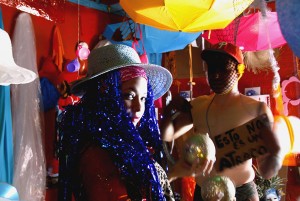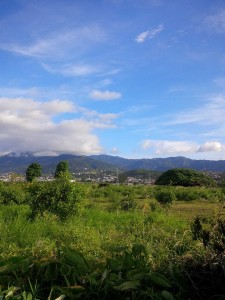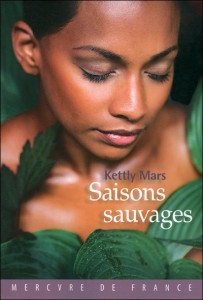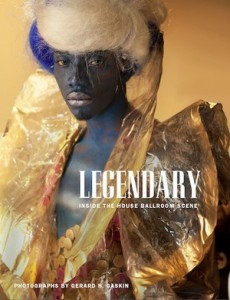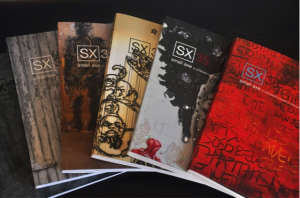The following is a copy of the email sent to Caribbean Philosophical Association members from President Jane Gordon on 11 August 2014. The Call for Papers for the 2015 meeting – which will be held in Mexico on 18-21 June – will be available shortly, but the expected deadline for submissions is 15 December 2014.
Dear CPA members,
I hope that you are having a wonderful summer if you are in the North and a mild winter if you are receiving this in the South!
Our eleventh annual meeting in St. Louis was nothing short of historic. Over two hundred people gathered for three days of intensive discussion and debate set in motion by the collaboration of CPA with the Simone de Beauvoir Society and the North American Sartre Society, joined by the Collegium on Black Women Philosophers, the Latina Roundtable, the Merleau-Ponty Circle, and PhiloSOPHIA. Opening each day with a set of original poems (on Friday by Ngũgĩ wa Thiong’o and on Saturday by Frieda Ekotto), sessions varied widely in focus from Africana existentialism, decolonizing political theory, indigeneity and the law, Caribbean sexualities, Beauvoir and Audre Lorde, decolonial ecologies and approaches to psychoanalysis and the study of Islamic philosophy to Afro-existentialism religious thought, Gloria Anzaldúa, creolizing aesthetic and political practice, the significance of black male death to critical thought, living death, Southern Marxisms, and whether there is an autochthonous black women’s existentialism. Special highlights were Lewis Gordon’s keynote lecture outlining existential philosophy as world philosophy with broad ranging implications for how it should be understood and taught and the prize session in which recipients John Drabinski, Supriya Nair, and Abdul JanMohamed were able directly to thank Robert Bernasconi and Ngũgĩ wa Thiongo respectively for their seminal influence on the spirit with which they had undertaken their work while Leonard Harris and Frieda Ekotto explored what it is to be recognized for doing philosophy born out of struggle and Ngũgĩ wa’ Thiong’o described how transformative his encounters with Caribbean writers Walter Rodney, CLR James, and Frantz Fanon were when a student in London to the blossoming of a radical left Pan-African thought and politics. In addition to the political feat of meeting together, panels illustrated the indispensability of such bridging conversations to the rigor of our current and future scholarship. Discussions are already underway for holding a Diverse Lineages of Existentialism II, most likely in a U.S. city in 2017. To view some videos about the conference, please click here.
Next year’s CPA meeting, “Shifting the Geography of Reason XXII: Technologies of Liberation” will take place in Riviera Maya, Mexico from June 18-21st. The Call for Papers will go out in the next two weeks with a December deadline for panel and paper submissions. (As next year will also be Frantz Fanon’s 90th birthday, papers celebrating that event will be welcomed.) Several local universities have already enthusiastically offered their support for and interest in being part of the conference. The hotel, where the meeting will be held, is doing everything to make our stay there as affordable as it will be memorable. We hope that the significantly more minimal visa requirements and less expensive airfares will facilitate your participating.
Before the June 2015 meeting, we will have our first CPA summer school at UCONN. We are currently hammering out the details but it promises to be spectacular. Its aim is to give graduate students an opportunity to work closely with our Frantz Fanon Book Prize winners through intensive seminars focused on recipients’ current writing projects. Augmenting these discussions will be visits to local historic sites of major Caribbean significance as well as plenty of time for open-ended and informal discussion about undertaking a life of CPA research, writing, and teaching.
Finally, we have created two new CPA essay prizes, the Claudia Jones Essay Prize for the best paper by a graduate student presented at the previous year’s annual conference and the Anna Julia Cooper Essay Prize for the best paper presented by an assistant professor or independent scholar (within five years of receiving the Ph.D.) at the previous year’s annual conference. Nominations for these can be made by anyone who was registered for and attended the previous year’s meeting and should articulate the merit of the particular essay, including evidence of the animated discussion it generated. Recipients of these prizes will be announced on January 1st of each year, along with those being awarded the Frantz Fanon Book Prize, the Frantz Fanon Life Time Achievement Award, and the Nicolás Guillén Prize for Philosophical Literature.
We look forward to seeing you in Mexico, if not before! In the meantime, stay well, and, if you’re so inclined, check us out on Twitter: https://twitter.com/caribphil !!
Sincerely,
Jane Gordon
CPA President
